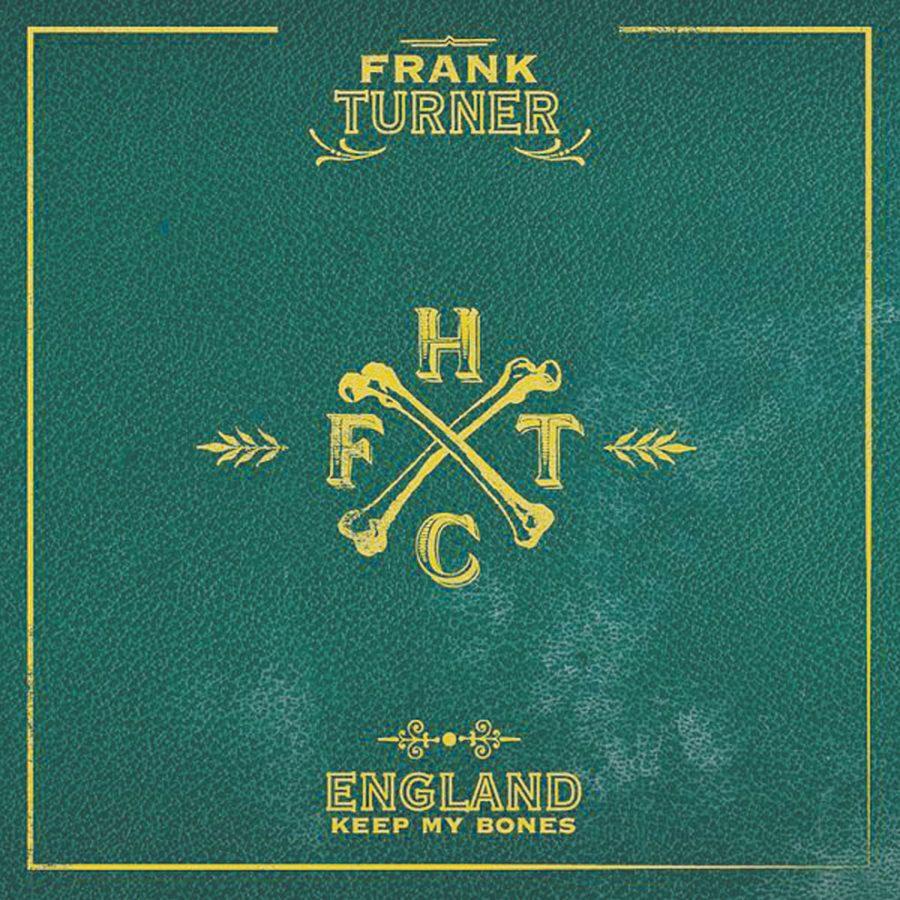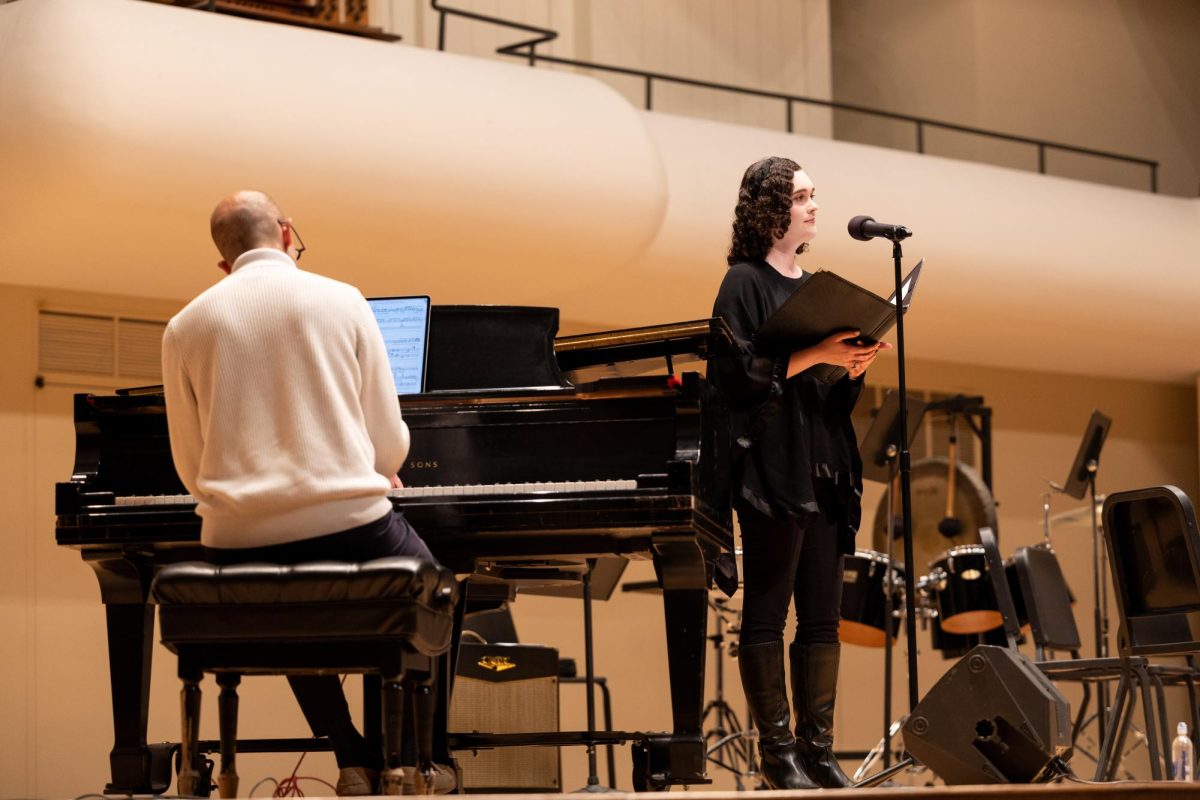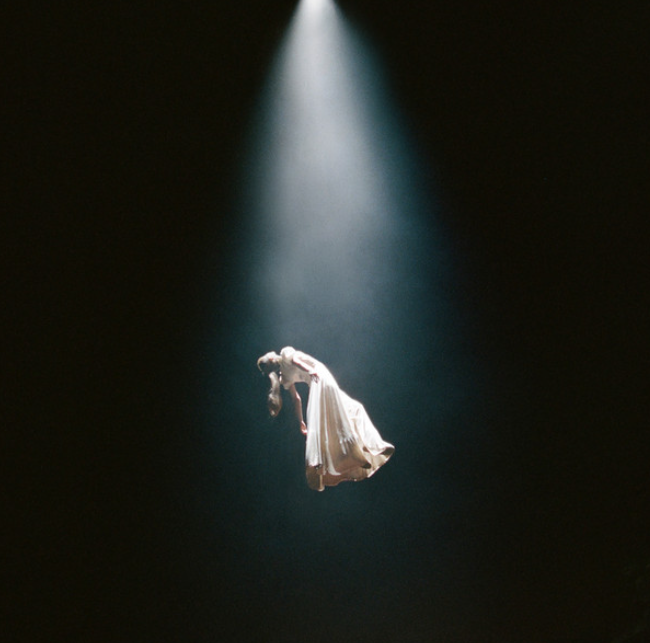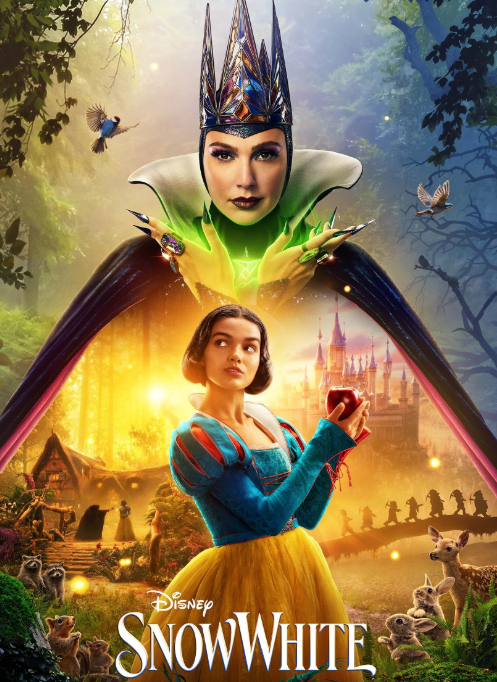 Thanks to British musician Frank Turner, nobody can ever say cynical atheists don’t have hymns.
Thanks to British musician Frank Turner, nobody can ever say cynical atheists don’t have hymns.
Turner, a former member of British punk band Million Dead, who now produces music ranging from raucous, pounding rock to a cappella anthems, uses his soulful sound to spin truly modern tales in his latest album, “England Keep My Bones.”
The album begins with “Eulogy,” a song that reflects the changes Turner and many other punk rockers have undergone in the past decade. It begins with melodic strings and builds into a pounding rock song. What sets it apart, though, is the spirit of it. Turner uses more subtle and complex music but still captures the spirit of punk.
“I haven’t always been a perfect person,” he sings. “I haven’t done what mom and dad had dreamed. On the day I die, I’ll say ‘at least I f—ing tried.’ That’s the only eulogy I need.”
Throughout the rest of “England Keep My Bones,” Turner continues to skewer the things society has come to love – from religion to work that isn’t rock and roll – on his personal quest to find a kind of redemption for today’s world.
Before Turner can find redemption, he explores the fear and paranoia of today’s society. In “I Am Disappeared,” he talks about a girl named Amy, who has nightmares about the life she lives: “Dreams of pirate ships and Patty Hearst, breaking through a life over-rehearsed. She can’t remember which came first, the house, the home, or the terrible thirst.”
As the song builds from a low-key acoustic piece into a rising rock ballad, Turner turns to himself, describing his own dreams of being crushed, of being trapped in an elevator falling out of control. Then, in the refrain, Turner explains how he copes: “And on the worst days, when it feels like life weighs 10,000 tons, I sleep with my passport, one eye on the back door, so I can always run. I can get up, shower and in half an hour I’ll be gone.”
In “I Still Believe,” Turner reveals a bit of hope. He turns to what may be a tired cliché, but may also be just the truth: the redemptive power of rock and roll. He sings of “the saints” – Jerry Lee Lewis, Johnny Cash and “all the greats” – and of the fact that everyone can find a song for everything they feel. “Who’d have thought,” he sings, “that after all, something as simple as rock and roll could save us all.”
As the album closes, Turner brings out a choir and puts together a song that, if you just heard the title and the music, you would swear was an old gospel standard. But the chorus of “Glory Hallelujah” shows just how wrong you would be: “There is no God, so clap your hands together. There is no God, no heaven and no hell. There is no God, we’re all in this together. There is no God, so ring that victory bell.”
The song is an anthem of Turner’s belief in the ultimate triumph of the human spirit – with no help from above. He asks us to imagine a world without blood shed over distant lands that we deem important because our fathers told us of them. He paints a picture of a people not relying on priests and “fairies up above,” and a world the meek have already inherited.
For all of Turner’s pessimism, he realizes the importance of life and keeping up the fight in the end. There is no fear of death, no pessimism, just a righteous belief in the power of man.
“So just accept that there’s an end game and we haven’t got much time,” he sings, “and in the here and now we can try and do things right.”









